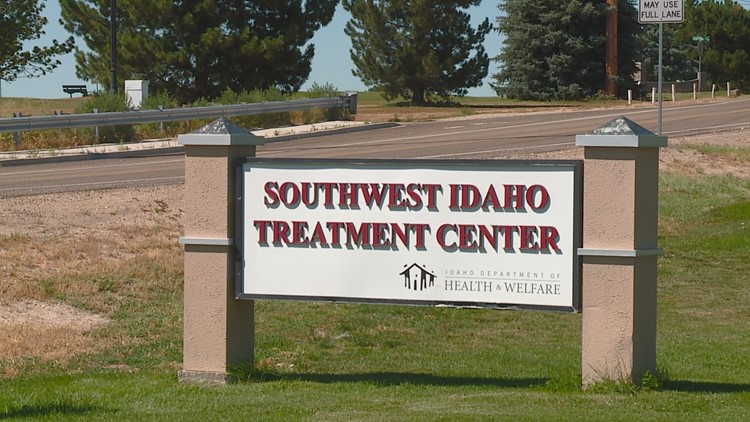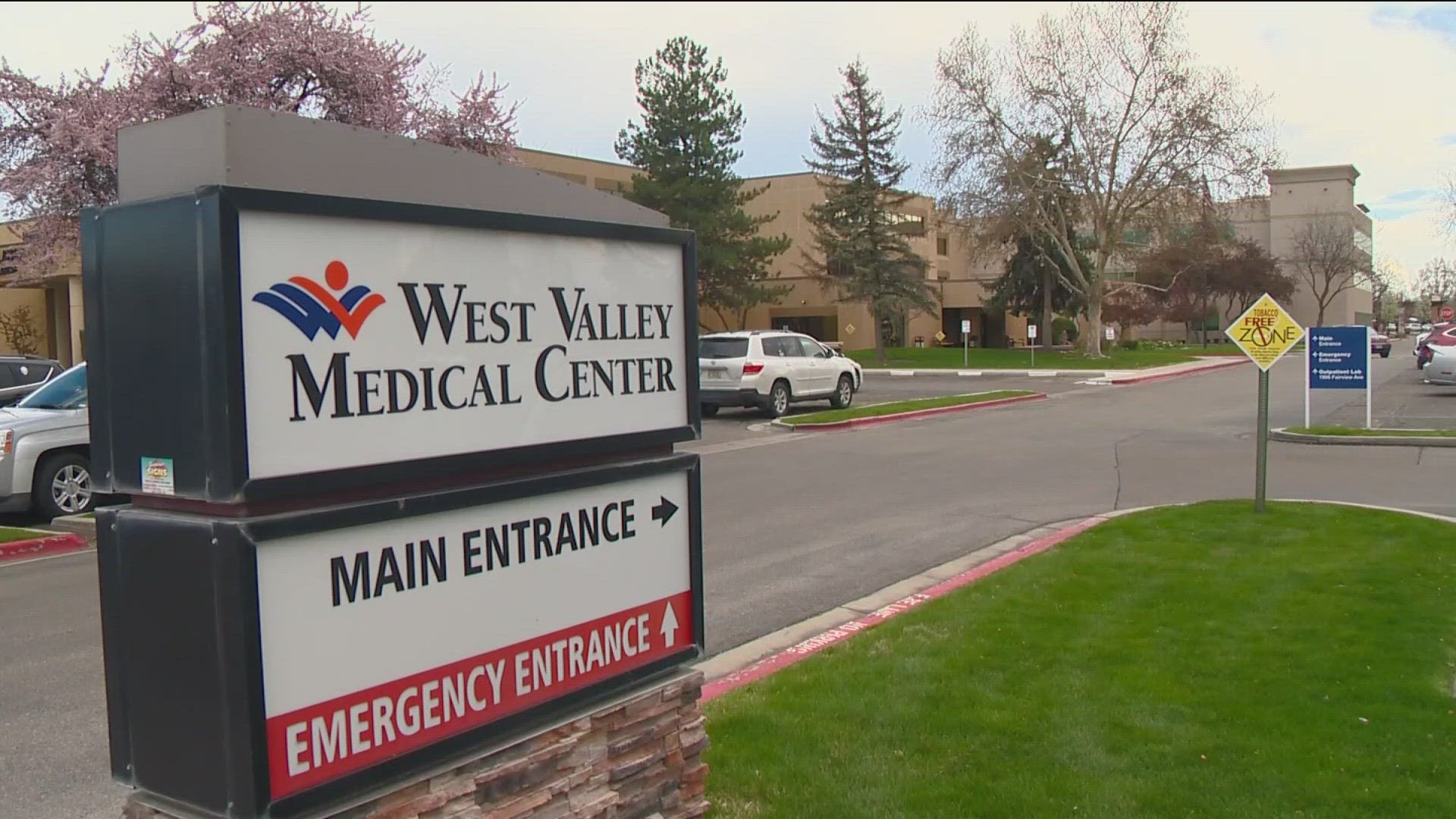BOISE, Idaho (AP) — A state-run residential treatment center for people with severe disabilities and mental illness or other issues is rife with systemic problems leading to trauma for staffers and residents alike, Idaho's state auditors have found.
The report released Thursday from the Office of Performance Evaluations found that there is a "culture of constant crisis" at the Southwest Idaho Treatment Center in Nampa, resulting in "stress, anxiety and despair on the part of staff" and gaps in the care provided to clients.
"This report is worse than I could have ever imagined," said Rep. Mat Erpelding in a statement after the Joint Legislative Oversight Committee reviewed the report.
Erpelding, a Boise Democrat who chairs the committee, said the facility failed every Idahoan. "It is obvious from this report the state must fundamentally change the way it manages crisis care and patient treatment at the facility," he said.
Multiple allegations of abuse have arisen from the center, which houses who are unable to live in community settings or correctional facilities — often because they are developmentally disabled and have other co-occuring disorders like serious medical or mental health conditions, major behavior problems or a history of violence and criminal activity.
The facility became the subject of close scrutiny from lawmakers and the public in 2017 after civil and criminal investigations uncovered abuse and neglect, six staffers were disciplined, a client committed suicide and the facility failed inspections. Staff turnover skyrocketed, and for roughly six months of 2018 the facility lost more staffers than it hired. Meanwhile, remaining staffers were frequently injured, usually by the clients who live at the home. Some staff members were subjected to sexual assaults and attempted rape. Others sustained serious head injuries or human bite wounds that wouldn't heal.
And the understaffing and high turnover meant they were often left to fend for themselves: Employees reported using radios to call for help when clients acted out, but not receiving backup.
In all, one in 10 work days were lost to physical injury in the first half of 2018 - including about one in every five shifts.
Psychological injury, meanwhile, went unaddressed according to the report.
"Staff reported chronic physical problems resulting from years or decades of injury and compassion fatigue resulting from unaddressed psychological trauma," the auditors wrote in the report.
Even well respected, long-term staffers who had received award for their work with handicapped clients "snapped" and resigned after substantiated findings of abuse or mistreatment in 2018, the auditors found, resulting in further demoralization of the remaining workers.
And while the background checks the state ran on would-be SWITC workers did check to see if they were registered sex offenders or had other criminal histories, the background check didn't look at whether the applicants had prior incidences of abuse or neglect for vulnerable adults.
One of the root causes of all the problems? The Department of Health and Welfare has no long-term vision for the facility, the auditors found.
"The Legislature should direct the department to develop a long-term vision for Idaho's system of crisis care and its role as a provider of last resort for those with intellectual disabilities," the auditors wrote in the report.
Other recommendations in the report included supporting hiring efforts by giving employees at the facility early retirement benefits because of the high injury risk, and to improve oversight including a formal quality improvement plan.
Given all the issues outlined in the report, Genesee Republican Rep. Caroline Nilsson Troy asked Department of Health and Welfare Director David Jeppesen if the state should move the residents of the facility to a safer location while the department figures out how to fix the problems and "start from scratch."
Jeppesen said that the facility has "at least reached a stabilization point" in recent months as the department has worked to correct the problems. He noted much more work is needed, saying the auditor's report was fair and accurately reflected the many issues at the facility.
"Is it something we need to keep an eye on? Absolutely," Jeppesen said. "If conditions change we will need to make a different decision ... it's really at the minimum of how we keep people safe."



